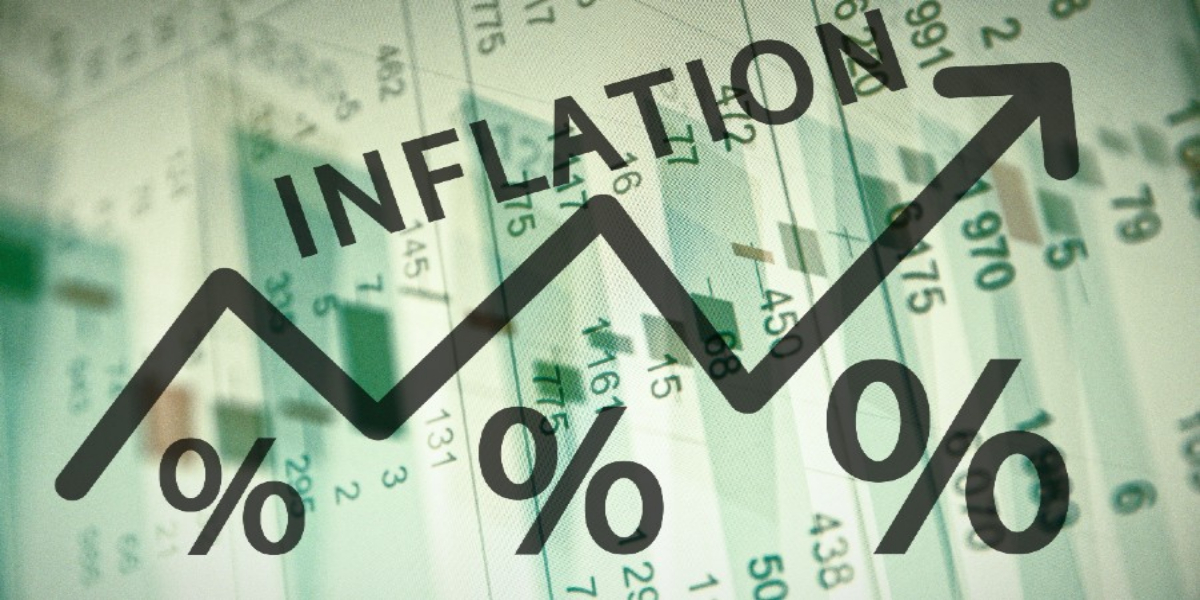The inflation fear that has dominated most of the financial landscape this year continues to startle markets in fresh ways.
On Monday, investors became alarmed by the prospect of China shutting down Beijing, a city of more than 20 million people, adding to concerns about supply constraints that are keeping prices high. Following a drop in European markets, US stocks plummeted as much as 2.9 percent, the highest since early March. The dollar, US Treasuries, and European bonds also rallied as investors sought safe havens.
“Inflation is absolutely at the top of investors’ concerns,” said Janet Mui, head of market analysis at Brewin Dolphin. “Of course, the China narrative feeds further into that inflation pressure because China is the mother of all supply chains.” “That fear is growing across the board, whether it’s on the goods or services side.”
[embedpost slug=”oil-prices-sink-more-than-5-on-china-demand-fears/”]
The recent spike in inflation, combined with central banks’ increasingly aggressive responses, is already having an impact on demand, spending, and corporate earnings. The invasion of Ukraine by Russia has heightened fears about price pressures and economic development, with some predicting a period of stagflation.
It’s a dangerous combination for markets, with stocks, bonds, and currencies all reacting to a price increase that many anticipated would be temporary but is proving to be far more detrimental to individuals and businesses.
The S&P 500 Index in the United States has fallen for three weeks in a row, and is now at its lowest level since mid-March. Morgan Stanley’s Michael J. Wilson cautioned in a report on Monday that it appeared set to join the continuing bear market.




















